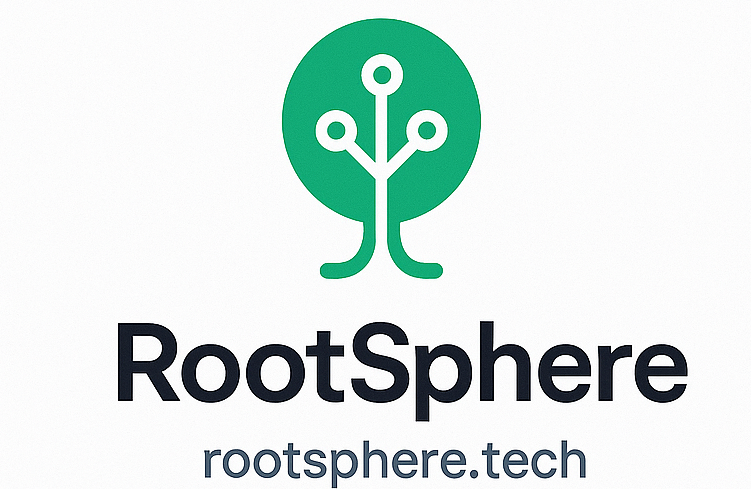Home » Automation and scripts

StackStorm: Orchestrating Automation Where It Actually Matters For teams juggling alerts, playbooks, manual checks, and flaky scripts, StackStorm often arrives as a welcome shift. It doesn’t just automate tasks — it listens, reacts, and keeps context. At its core, this is event-driven automation for real infrastructure — not just cloud toys or cron jobs.
Instead of reacting manually to every “disk full” alert or failed deployment, StackStorm watches what’s happening across systems, then kicks o

OctoDNS: When Managing DNS Stops Being a Manual Chore OctoDNS is what happens when system administrators get fed up with provider lock-in, inconsistent DNS interfaces, and error-prone manual edits. It’s a Python-based tool that lets teams define DNS zones as YAML files and sync them across dozens of providers. No fancy dashboards, no point-and-click GUIs — just clean, trackable configuration in version control.
Originally built at GitHub to solve real-world DNS headaches, OctoDNS now serves a w

SaltStack for Windows: Configuration Management That Actually Scales on Windows SaltStack has long been a powerhouse in the Linux automation space — but the lesser-known Windows port is no less capable. When configured right, it brings the same high-speed remote execution, orchestration, and state management to Windows environments. That includes domain-joined servers, standalone hosts, and even remote desktops behind NAT.
It’s fast, lightweight, and script-friendly — a solid fit for infrastruc

Rudder: Continuous Configuration That Doesn’t Break Things Rudder is what happens when configuration management meets real-world enterprise infrastructure. Built with a focus on safety, auditability, and hybrid systems, it combines agent-based control, a web interface, and compliance reporting — all in one cohesive platform.
It’s not just about pushing config files. Rudder tracks what happened, when, and why — and gives teams visibility into what’s compliant, what’s drifting, and what failed. F